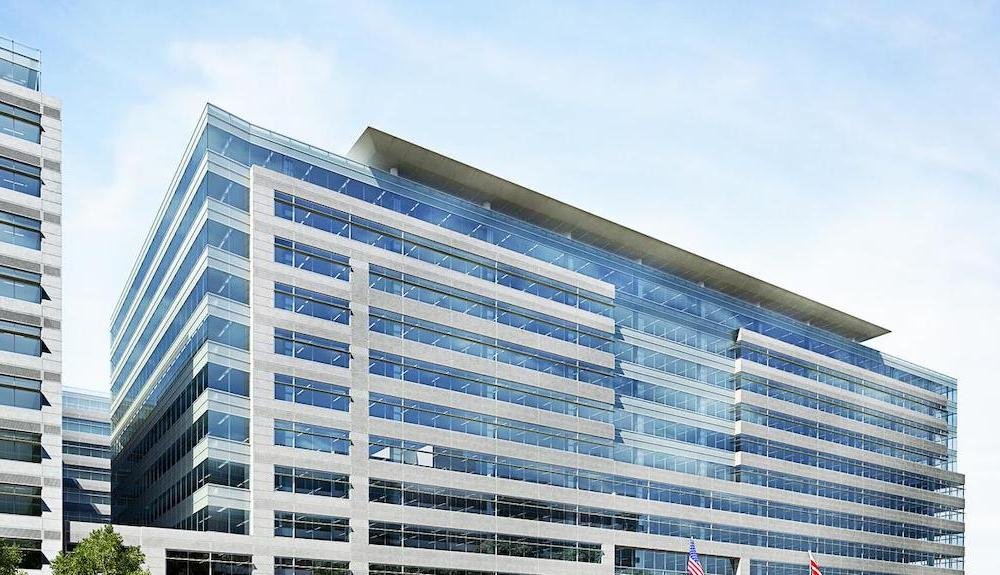WASHINGTON, January 25, 2024 – In a flurry of recent feedback submitted to the Federal Communications Fee on Monday, stakeholders starting from faculty districts to wi-fi service suppliers and commerce teams have requested for E-Charge subsidies for a broader vary of connectivity options.
The FCC has prompt revisions to E-Charge that will increase help for distant schooling by incorporating key elements of the Emergency Connectivity Fundnotably funding for hotspots and wi-fi dwelling web providers for faculties and libraries’ patrons. Launched throughout the pandemic, the $7.1 billion ECF initiative is set to be exhausted by June 2024.
Whereas a considerable variety of faculty districts expressed help for the FCC’s Proposed Rulemakingthere was a discernible name for extra alternate options to broaden using E-Charge funds past on-premises functions.

Representing greater than half 1,000,000 college students, the Los Angeles Unified College District referred to as for the fee to broaden eligible E-Charge providers to incorporate wireline broadband providers, LTE-enabled gadgets, and multi-user wi-fi connections. Of their feedback, the district emphasised that, primarily based on their expertise, “Wi-Fi hotspots ought to solely be used as a final resort to supply connectivity to college students.”
The Council of Nice Metropolis Collegesrepresenting over 75 metro faculty districts, equally proposed E-Charge funding wired web providers, in addition to smartphone tethering, inside knowledge playing cards, and eSIM entry on computing gadgets. The council famous that a number of city faculty districts and communities have halted the deployment of hotspots for causes together with insufficient or totally absent mobile indicators in particular neighborhoods and public housing places.
The Colleges, Well being, Libraries, and Broadband Coalitionsubmitting feedback in collaboration with the Open Expertise Instituteurged the fee to allow E-Charge help be eligible for faculties and libraries to construct, personal, and function their very own faculty and neighborhood networks, as an alternative of solely permitting help by way of commercially accessible cell service providers.
On the onset of the pandemic, many native faculty directors throughout the nation self-provisioned networks in a scramble to attach college students to the web. Within the course of, these efforts prompt that self-provisioned broadband networks are a dependable and cost-effective method to join college students at dwelling.

In response to a query posed within the FCC’s rulemaking on easy methods to categorize E-Charge funding for dwelling connectivity, coalitions together with EdLincthe Nationwide Affiliation of Elementary College Principalsand the Council of Nice Metropolis Colleges raised issues concerning the FCC’s proposal to categorize Wi-Fi hotspots below Class Two of E-Charge, a transfer the coalitions argue would pressure academic establishments to make difficult budgetary selections between bodily services and residential connectivity.
The distinction in funding dedication between Class One and Class Two providers has vital implications for faculties. Class One providers, encompassing important features like making and receiving cellphone calls, accessing the web, and connecting to different networks, are deemed essential for the essential functioning of colleges.
Alternatively, Class Two providers, which contain superior telecommunications providers like video conferencing, are thought of non-obligatory however contribute to enhancing the group’s capabilities. Moreover, there are distinct funding dedication phrases and worth caps for every class.
The EdLinc coalition, alongside T-Cell and plenty of others, means that Wi-Fi hotspots be deemed as community tools and be eligible for Class One help. In the meantime, the Los Angeles Unified College District advocates for establishing a 3rd class of E-Charge providers particularly for off-campus connectivity. They suggest that funding prioritization inside this class ought to align with the present fee requirements for Class One reductions.
Wi-fi service supplier T-Cell “wholeheartedly” endorsed the fee’s effortsciting T-Cell’s Challenge 10Million which assists in connecting hundreds of thousands of underserved scholar households as a tangible instance of the corporate’s decade-long advocacy for increasing this system to embody off-campus use.
Opposition
In the meantime, the Nationwide Cable & Telecommunications Affiliationa commerce affiliation that represents the cable tv trade, argued that utilizing restricted E-Charge sources for Wi-Fi hotspots wouldn’t be the simplest automobile to advance pursuits, and can be “fraught with vital technical and administrative complexities.”
The NCTA additionally discovered the FCC’s preliminary conclusion to be inconsistent with the statutory provisions of Part 254 of the Communications Decency Actasserting that the first intent of this provision is to ascertain broadband connections for academic establishments and libraries, particularly inside these buildings.
In distinction, SHLB and OTI help the fee’s tentative conclusion that it possesses the authority to permit E-Charge help for providers utilized for academic functions off-premises. As argued by SHLB and OTI, Part 254 of the Communications Act doesn’t explicitly prohibit offering E-Charge help for off-premises providers however fairly mandates that off-premises use should primarily serve academic functions.
On the identical time, FCC commissioners are divided on the legality of the matter.
FCC Chair Jessica Rosenworcel and FCC Commissioner Geoffrey Starkseach Democrats, have individually launched statements endorsing the proposed rule modifications and emphasizing their optimistic affect on addressing the “homework hole”–the disparity between college students with entry to dependable dwelling web connections and people with out.
Quite the opposite, FCC Commissioners Brendan Carr and Nathan Simingtoneach Republicans, have expressed their opposition to the proposed modifications. They argue that these modifications exceed the company’s Congressional authority. Simington went as far as to characterize the proposed enlargement as “lawless and wasteful.”
FCC Commissioner Anna Gomez has not publicly issued a press release on the proposed modifications.
Historically, E-Charge has supplied month-to-month reductions on web providers to varsities and libraries, with the low cost proportion contingent on the applicant’s poverty degree and whether or not their providers are located in an city or rural space. These reductions usually vary from 20 to 90 % of the entire price of providers.
Over the span of over two years of ECF funding, the FCC has allotted over $120 million for the acquisition of Wi-Fi hotspot gadgets and practically $1.3 billion for the corresponding wi-fi service providers.




